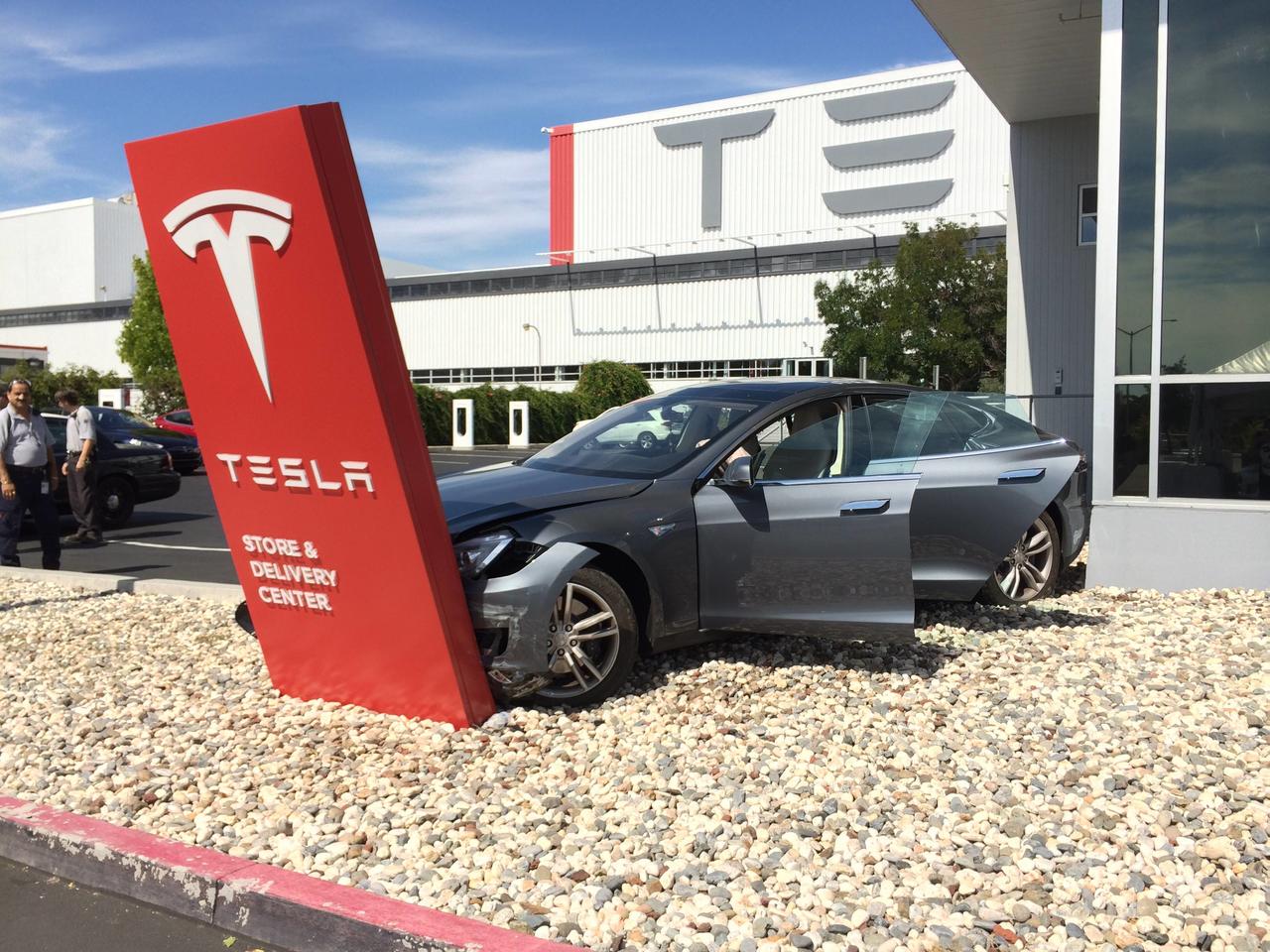CEO Elon Musk and the Tesla team have succeeded in making their
company the most widely used electric vehicle brand name, but this has not yet led to
global EV sales dominance.

Competitor
BMW just issued a report conducted by global consulting
firm IHS Markit and based on new vehicle registrations from Feb. 2018 to Feb.
2019. BMW has 16 percent of plug-in
vehicle market share in Europe, while Tesla tied for fifth place with Volvo,
according to the study.
In
its home market of Germany, BMW has 20 percent share with Tesla coming in at 3
percent. Germany is the largest car sales market in Europe, though it doesn’t
top EV sales in the region.
The leading EV market in Europe
has been Norway, which is showing another telling trend. BMW
has nearly 77 percent of that market, while Tesla recently has seen a sales
decline in the country. Norway has become the emblem for banning
petroleum-fueled cars in the near future, with EVs making up nearly half of
total new vehicle sales in the past year according to the IHS Markit report.
Other automakers are beating
Tesla in European EV sales, which may have something to
do with Tesla's weak retail presence is key markets. With the
Tesla Model 3 entering the European market, the company has been expecting to
see better results. Tesla has not opened up its popular retail stores in the
boot of Italy, in Spain outside Madrid and Barcelona, in most of Germany
outside the biggest cities, and in Eastern European countries. France has only
two Tesla stores in place.
Tesla is tied with China's BYD
for first place globally, with Beijing Auto coming in second and BMW third.China
will be the major market for determining market leadership in years ahead,
where Tesla says it will begin production at its Shanghai plant in
May. Tesla will be one of several foreign companies allowed to enter free-trade
zones in China. That alters the decades-old tradition of requiring
manufacturers to forge joint venture companies with Chinese partners.
BMW is also in a distinct position in China. Last year, the
government gave BMW the green light to go outside its China joint venture and increase its ownership to 75 percent in Brilliance China
Automotive Holdings from 50 percent. The deal will be closing in 2022 when the
government lifts rules capping foreign ownership for all auto ventures. China
is the leading global market for auto sales, and BMW doesn’t want to miss out
on EV and luxury market sales gains.
BMW,
Tesla, and other vehicle makers are closely following the trade war between the
U.S. and China. Moving more of its production to China could help BMW boost its
profits. For now, the steep import tariffs are hurting foreign companies
shipping to China.
The study reports that BMW had
6.6 percent of global EV sales over the past year. That compares to 2.7 percent
of total new vehicle sales made up by EVs in the global market.
BMW
is also seeing gains in the U.S., where nearly 10 percent of its sales are EVs
in a market where EVs only make up about 3.5 percent of total vehicle sales.
Tesla
still holds the lion’s share of the U.S. market. Total EV market sales came in
at 361,307 for last year — up 81 percent over 2017. Of that total, 139,782
units were Model 3s in 2018. Including the Model S and the Model X, Tesla had
more than 50 percent of total plug-in vehicle sales last year in the U.S.
The
other companies leading global EV sales share include China’s Roewe, Nissan,
three other Chinese makers (Chery, JAC, and Jianling EV), Volkswagen, and
Hyundai.
Nissan
is going through turbulence since the Japan arrest of its CEO Carlos Ghosn and
split from its Renault partnership, which is expected to affect sales. Nissan
fired Ghosn, credited with salvaging the company years ago and championing its
popular Nissan Leaf, for charges of financial misdeeds.
German
automakers are expected to pick up some of that slack. VW, BMW, and Daimler
have launched ambitious EV manufacturing goals that are starting to make their
way to dealerships. Being Tesla-competitive has been at the heart of it, along
with complying with increasingly stringent government regulations.
Automakers will be investing 60 billion euros ($68 billion) over the next three years in
EVs, the VDA, a German trade group, said in a statement earlier this month
ahead of the 2019 Geneva Motor Show. The number of EV models will triple to
about 100 different vehicles during that time, according to VDA President
Bernhard Mattes. Many of them will have autonomous vehicle features.
Stricter
European Union emissions standards will take effect in 2030, which had led
German makers to make ambitious production commitments through the next decade.
The
VDA’s Mattes also called for an expanded EV charging infrastructure and more
purchase incentives for electric cars. Installing more public chargers
(especially fast chargers) and bringing down the perceived purchase price and
ownership cost have been the leading issues for EV adoption in all the global
markets.
No comments:
Post a Comment
Note: Only a member of this blog may post a comment.